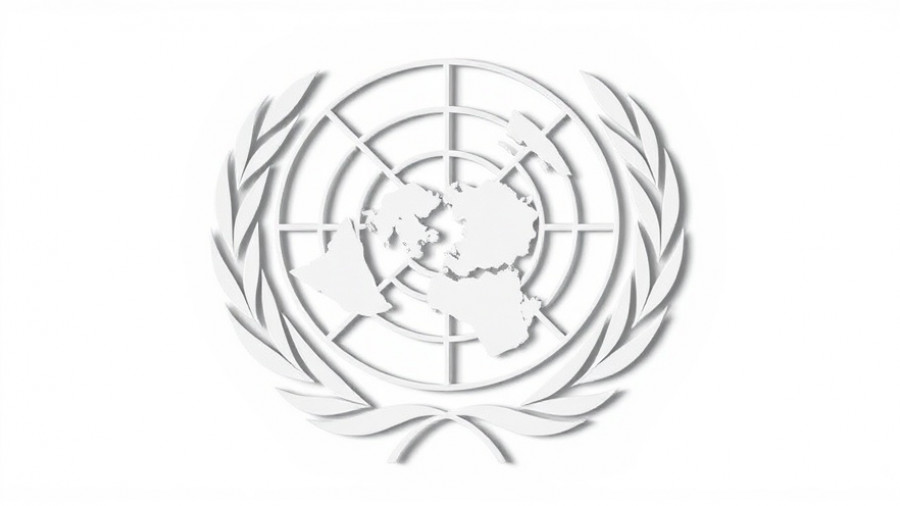
Hurricane Melissa Threatens Caribbean Communities
As Hurricane Melissa barrels towards the Caribbean, the storm is projected to cause significant devastation, particularly to the islands of Jamaica, Haiti, and others. Currently classified as a Category 4 storm, it is forecasted to intensify to a Category 5 with wind speeds exceeding 157 mph (252 km/h). This impending disaster places at least 1.6 million children at risk, warning of severe flooding, landslides, and disruption to essential services.
The Current Situation
Authorities across the Caribbean are already witnessing the storm's impact, with heavy rains and gusty winds making landfall. Predictions suggest that flooding could be worse than that caused by Hurricane Beryl just over a year ago. The terrain in many affected areas poses a risk for landslides, especially in low-lying coastal communities and informal settlements.
Preparedness Measures in Place
In response to the impending disaster, UN agencies and local bodies are mobilizing resources to mitigate the storm's effects. UNICEF has emphasized the importance of their preparations, stating that they have pre-positioned lifesaving supplies, such as medical kits and hygiene materials, to support vulnerable families. In Haiti, vital measures include distributing cash transfers to nearly 9,500 households and prepositioning over 450 metric tons of food to alleviate hunger in affected areas.
The Urgency for Community Action
National authorities are urging residents in high-risk zones to evacuate and find safe shelter as the storm approaches. With the community still recovering from recent disasters, the need for preemptive action is critical. The Red Cross has played a significant role in these preparations, setting up emergency shelters and stockpiling necessary supplies for the expected influx of those fleeing danger.
Children at the Heart of the Crisis
Sadly, children are particularly vulnerable to the impacts of natural disasters. According to UNICEF data, about 11 million people across Latin America and the Caribbean have faced disaster-related challenges each year, and nearly four million of these are children. The organization underscores the necessity of prioritizing this demographic in response plans, focusing on protecting their safety and wellbeing during crises.
Final Thoughts: What’s Next?
In the next few days, as Hurricane Melissa makes its way through the Caribbean, the focus will shift to emergency response and recovery efforts. The hope is that through early preparedness and community cooperation, they can minimize the loss of life and damage.
The call to action for the global community is clear: support initiatives aimed at providing assistance to these vulnerable populations, particularly children, during and after such devastating storms. Together, we can help build resilience against future climate events.
 Add Row
Add Row  Add
Add 




Write A Comment